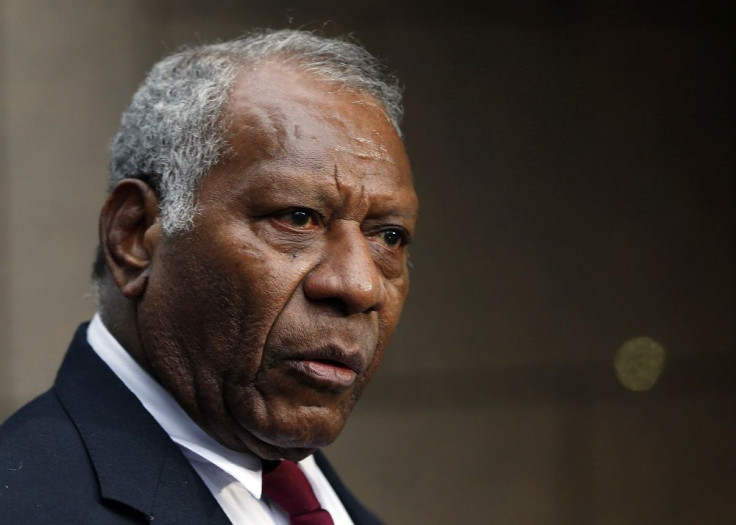Scientists Do Not Want To Attribute To Climate Change A Single Weather Event Such As Cyclone Pam

It was quite ironic that Vanuatu President Baldwin Lonsdale was attending a UN disaster conference in Sendai, Japan, when his homeland was battered by Cyclone Pam on Saturday. Calling the cyclone a monster, Lonsdale blamed Pam for wiping out all the development that has taken place in the island-nation in the Pacific.
“Climate change is contributing to the disasters in Vanuatu. We see the level of sea rise. Change in weather patterns. This year we have heavy rain more than every year,” Fox quotes Lonsdale.
However, scientists stress that it is impossible to attribute single weather events of catastrophic proportions such as Cyclone Pam or Super Typhoon Haiyan to climate change.
Deutsche Welle points out that for four years in a row, the UN University’s Institute for Environment and Human Security has ranked Vanuatu as the world’s most disaster-prone nation, bumping off the Philippines to the second place. The ranking was based on the 36.5 percent that the tiny island-nation got.
The Philippines has 28.3 percent. It was followed by another Pacific isle, Tonga, at 28.2 percent and Guatemala at 21 percent.
The report said that different types of natural hazards has hit Vanuatu. An earthquake would place 90,000 at risk or roughly 36 percent of the county’s 250,000 population. Pam displaced more than half of its headcount. If the sea level would rise, since the country is made up of almost 90 islands, many of them tiny islets, 30,000 people would be at risk.
The numbers translate into 64 percent of Vanuatu’s population are exposed to natural hazards yearly, compared to 55 percent exposure for Tonga.
Professor Jorn Birkmann, scientific head of the WorldRiskIndex, points out that Vanuatu is unique, noting that storms affect the island differently than Indonesia, the Philippines or the US. Because of its small size, a storm affects the whole country, Birkmann said.
Being disaster-prone is already bad, but unfortunately for residents, Vanuatu also lacks coping capacities, with a rating of only 81 percent in the index. However, the worst nation in that category war-torn Afghanistan with 94 percent, followed by Haiti, struck by a powerful earthquake a few years ago, with a rating of 91 percent.
The size of the nation explains why the Philippines was able to cope better with Haiyan in November 2013 (even if Haiyan was more powerful than Pam) because capital city Manila was spared, while Vanuatu’s Port Vila was badly hit as the rest of the country.
Birkmann also cited the other unfavourable factors against Vanuatu such as adult literacy rates, school enrolment, gender equality, investment, public health expenditures and life expectancy which are factors that many can improve or change, but the tiny island-nation mostly cannot.
To contact the writer, email: v.hernandez@ibtimes.com.au.





















